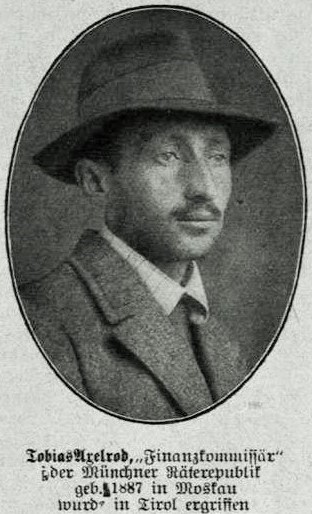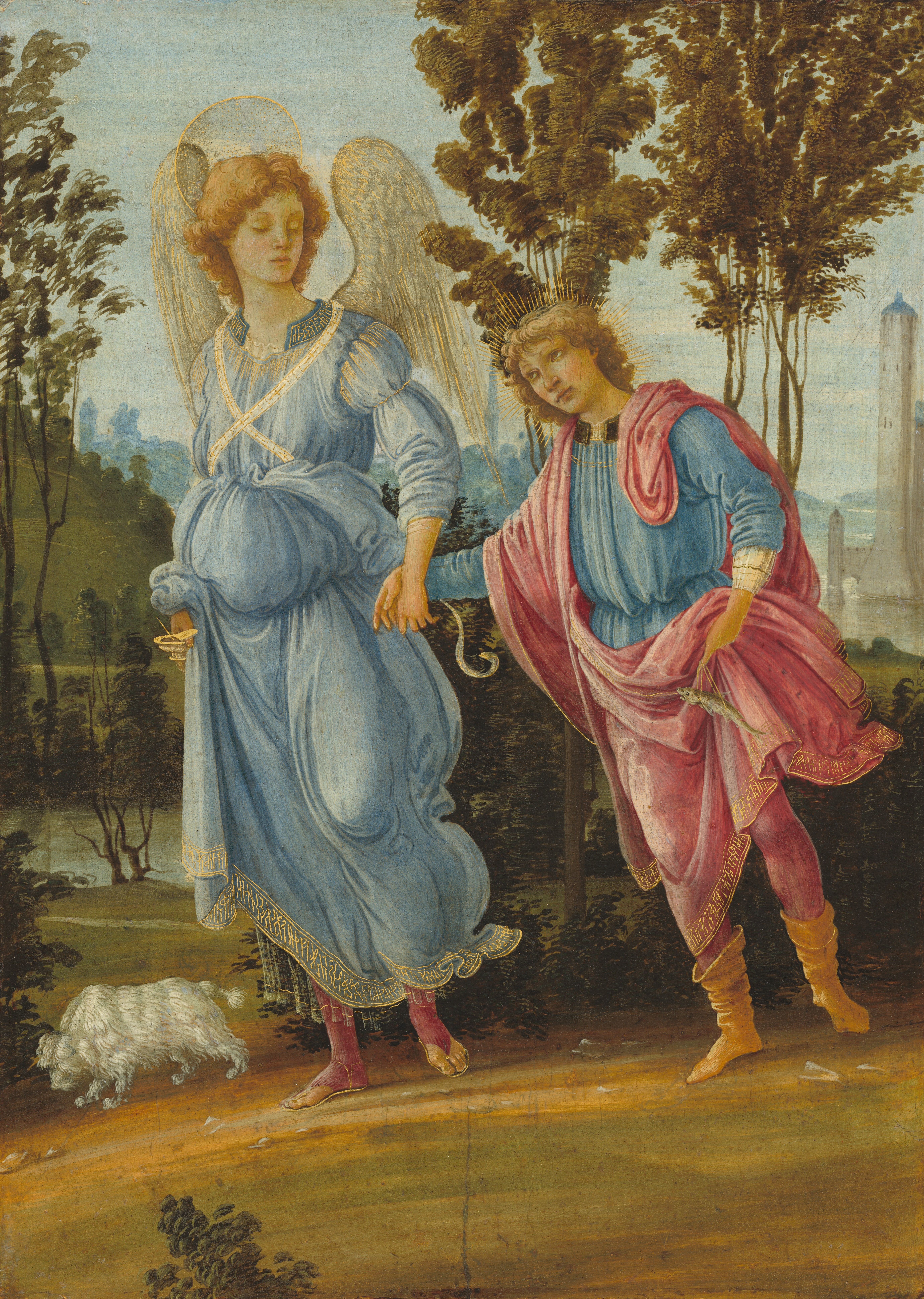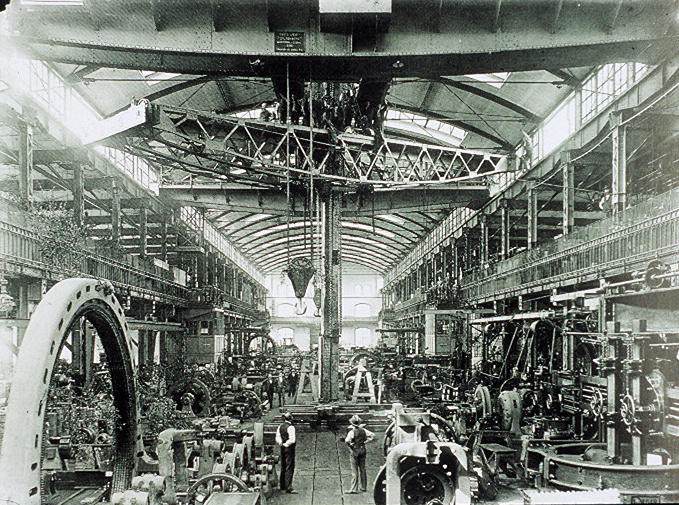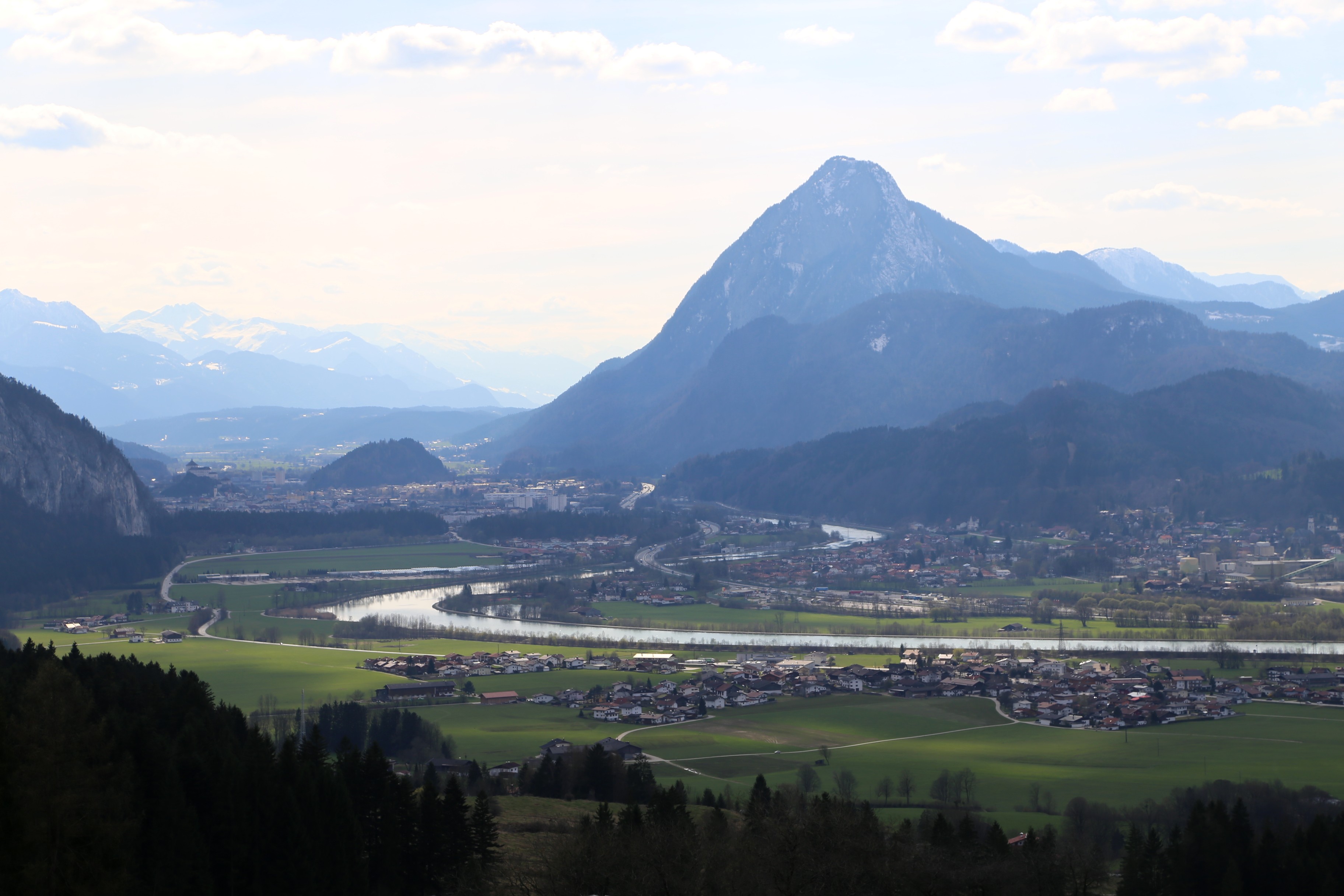|
Tobias Akselrod
Tobias Akselrod (15 October 1887 in Moscow – 10 March 1938 in Kommunarka shooting ground, Moscow Oblast) was a Russian revolutionary and 1919 member of the Bavarian Soviet Republic. Life Akselrod joined the Jewish Labour Bund in 1905. By 1910 he fled abroad from his exile in Siberia. He started working for the Social Democrat Berner Tagwacht newspaper and was a member of the Zimmerwald Left. In April 1917 he returned from Zürich to Russia on the sealed train with Lenin. After the October Revolution he was head of the press office of the Council of People's Commissars, in April 1918 head of the press office of the Central Executive Bureau of the Bolsheviks (Sovnarkom). From July 1918 he was head of the Soviet press service in Germany. He stayed out of the November revolution in Copenhagen, returning the 8 December to Germany. On 14 January 1919 he was arrested in Stuttgart, brought to Munich and formally placed under house arrest by Kurt Eisner in the Ebenhausen sana ... [...More Info...] [...Related Items...] OR: [Wikipedia] [Google] [Baidu] |
Tobias Axelrod
Tobias is the transliteration of the Greek language, Greek which is a translation of the Hebrew biblical name he, טוֹבִיה, Toviyah, JahGod is good, label=none. With the biblical Book of Tobias being present in the Deuterocanon/Biblical apocrypha, Apocrypha of the Bible, Tobias is a popular male given name for both Christians and Jews in English language, English-speaking countries, German language, German-speaking countries, the Low Countries, and Scandinavian countries. In English-speaking countries, it is often shortened to Toby. In German, this name appears as Tobias or Tobi; in French as Tobie; and in Swedish as Tobias or Tobbe. Tobias has also been a surname. In other languages * Danish language, Danish, Norwegian language, Norwegian, German language, German, Dutch language, Dutch, Swedish language, Swedish, Portuguese language, Portuguese: Tobias * Amharic language, Amharic: ጦቢያ (T’obīya) * Catalan language, Catalan: Tobies * Czech language, Czech: Tobiá ... [...More Info...] [...Related Items...] OR: [Wikipedia] [Google] [Baidu] |
Stuttgart
Stuttgart (; Swabian: ; ) is the capital and largest city of the German state of Baden-Württemberg. It is located on the Neckar river in a fertile valley known as the ''Stuttgarter Kessel'' (Stuttgart Cauldron) and lies an hour from the Swabian Jura and the Black Forest. Stuttgart has a population of 635,911, making it the sixth largest city in Germany. 2.8 million people live in the city's administrative region and 5.3 million people in its metropolitan area, making it the fourth largest metropolitan area in Germany. The city and metropolitan area are consistently ranked among the top 20 European metropolitan areas by GDP; Mercer listed Stuttgart as 21st on its 2015 list of cities by quality of living; innovation agency 2thinknow ranked the city 24th globally out of 442 cities in its Innovation Cities Index; and the Globalization and World Cities Research Network ranked the city as a Beta-status global city in their 2020 survey. Stuttgart was one of the host cit ... [...More Info...] [...Related Items...] OR: [Wikipedia] [Google] [Baidu] |
Switzerland
; rm, citad federala, links=no). Swiss law does not designate a ''capital'' as such, but the federal parliament and government are installed in Bern, while other federal institutions, such as the federal courts, are in other cities (Bellinzona, Lausanne, Lucerne, Neuchâtel, St. Gallen a.o.). , coordinates = , largest_city = Zurich , official_languages = , englishmotto = "One for all, all for one" , religion_year = 2022 , religion_ref = , religion = , demonym = , german: link=no, Schweizer/Schweizerin, french: link=no, Suisse/Suissesse, it, svizzero/svizzera or , rm, Svizzer/Svizra , government_type = Federal assembly-independent directorial republic , leader_title1 = Federal Council , leader_name1 = , leader_title2 = , leader_name2 = Viktor Rossi , legislature = Federal Assembly , upper_house = Counci ... [...More Info...] [...Related Items...] OR: [Wikipedia] [Google] [Baidu] |
Executive Committee Of The Communist International
The Executive Committee of the Communist International, commonly known by its acronym, ECCI (Russian acronym ИККИ), was the governing authority of the Comintern between the World Congresses of that body. The ECCI was established by the Founding Congress of the Comintern in 1919 and was dissolved with the rest of the Comintern in May 1943. Organizational history Establishment The Communist International was established at a gathering convened in Moscow at the behest of the Russian Communist Party (Bolsheviks). As early as December 24, 1918, a radio appeal had been issued by the ruling party of Soviet Russia calling on "communists of all countries" to boycott any attempts of reformists to reestablish the Second International, but to instead "rally around the revolutionary Third International." The formal call for a conference of revolutionary socialist political parties and radical trade unions espousing revolutionary industrial unionism had been issued on January 24, 191 ... [...More Info...] [...Related Items...] OR: [Wikipedia] [Google] [Baidu] |
Russian Soviet Federative Socialist Republic
The Russian Soviet Federative Socialist Republic, Russian SFSR or RSFSR ( rus, Российская Советская Федеративная Социалистическая Республика, Rossíyskaya Sovétskaya Federatívnaya Socialistíčeskaya Respúblika, rɐˈsʲijskəjə sɐˈvʲetskəjə fʲɪdʲɪrɐˈtʲivnəjə sətsɨəlʲɪˈsʲtʲitɕɪskəjə rʲɪˈspublʲɪkə, Ru-Российская Советская Федеративная Социалистическая Республика.ogg), previously known as the Russian Soviet Republic and the Russian Socialist Federative Soviet Republic as well as being unofficially known as Soviet Russia,Declaration of Rights of the laboring and exploited people, article I. the Russian Federation or simply Russia, was an independent federal socialist state from 1917 to 1922, and afterwards the largest and most populous of the Soviet socialist republics of the Soviet Union (USSR) from 1922 to 1991, until becoming a ... [...More Info...] [...Related Items...] OR: [Wikipedia] [Google] [Baidu] |
All-Russian Communist Party (Bolsheviks)
"Hymn of the Bolshevik Party" , headquarters = 4 Staraya Square, Moscow , general_secretary = Vladimir Lenin (first) Mikhail Gorbachev (last) , founded = , banned = , founder = Vladimir Lenin , newspaper = ''Pravda'' , position = Far-left , international = , religion = State Atheism , predecessor = Bolshevik faction of the RSDLP , successor = UCP–CPSU , youth_wing = Little OctobristsKomsomol , wing1 = Young Pioneers , wing1_title = Pioneer wing , affiliation1_title = , affiliation1 = Bloc of Communists and Non-Partisans (1936–1991) , membership = 19,487,822 (early 1989 ) , ideology = , colours = Red , country = the Soviet Union The Communist Party of the Soviet Union (CPSU),; abbreviated in Russian as or also known by various other names during its history, was the founding and ruling party of the Soviet Union. ... [...More Info...] [...Related Items...] OR: [Wikipedia] [Google] [Baidu] |
Communist International
The Communist International (Comintern), also known as the Third International, was a Soviet-controlled international organization founded in 1919 that advocated world communism. The Comintern resolved at its Second Congress to "struggle by all available means, including armed force, for the overthrow of the international bourgeoisie and the creation of an international Soviet republic as a transition stage to the complete abolition of the state". The Comintern was preceded by the 1916 dissolution of the Second International. The Comintern held seven World Congresses in Moscow between 1919 and 1935. During that period, it also conducted thirteen Enlarged Plenums of its governing Executive Committee, which had much the same function as the somewhat larger and more grandiose Congresses. Joseph Stalin, leader of the Soviet Union, dissolved the Comintern in 1943 to avoid antagonizing his allies in the later years of World War II, the United States and the United Kingdom. It w ... [...More Info...] [...Related Items...] OR: [Wikipedia] [Google] [Baidu] |
Petrograd
Saint Petersburg ( rus, links=no, Санкт-Петербург, a=Ru-Sankt Peterburg Leningrad Petrograd Piter.ogg, r=Sankt-Peterburg, p=ˈsankt pʲɪtʲɪrˈburk), formerly known as Petrograd (1914–1924) and later Leningrad (1924–1991), is the second-largest city in Russia. It is situated on the Neva River, at the head of the Gulf of Finland on the Baltic Sea, with a population of roughly 5.4 million residents. Saint Petersburg is the fourth-most populous city in Europe after Istanbul, Moscow and London, the most populous city on the Baltic Sea, and the world's northernmost city of more than 1 million residents. As Russia's Imperial capital, and a historically strategic port, it is governed as a federal city. The city was founded by Tsar Peter the Great on 27 May 1703 on the site of a captured Swedish fortress, and was named after apostle Saint Peter. In Russia, Saint Petersburg is historically and culturally associated with ... [...More Info...] [...Related Items...] OR: [Wikipedia] [Google] [Baidu] |
Stettin
Szczecin (, , german: Stettin ; sv, Stettin ; Latin: ''Sedinum'' or ''Stetinum'') is the capital and largest city of the West Pomeranian Voivodeship in northwestern Poland. Located near the Baltic Sea and the German border, it is a major seaport and Poland's seventh-largest city. As of December 2021, the population was 395,513. Szczecin is located on the river Oder, south of the Szczecin Lagoon and the Bay of Pomerania. The city is situated along the southwestern shore of Dąbie Lake, on both sides of the Oder and on several large islands between the western and eastern branches of the river. Szczecin is adjacent to the town of Police and is the urban centre of the Szczecin agglomeration, an extended metropolitan area that includes communities in the German states of Brandenburg and Mecklenburg-Western Pomerania. Szczecin is the administrative and industrial centre of West Pomeranian Voivodeship and is the site of the University of Szczecin, Pomeranian Medical Univ ... [...More Info...] [...Related Items...] OR: [Wikipedia] [Google] [Baidu] |
Berlin-Moabit
Moabit () is an inner city locality in the borough of Mitte, Berlin, Germany. As of 2016, around 77,000 people lived in Moabit. First inhabited in 1685 and incorporated into Berlin in 1861, the former industrial and working-class neighbourhood is fully surrounded by three watercourses, which define its present-day border. Between 1945 and 1990, Moabit was part of the British sector of West Berlin and directly bordered East Berlin. Until the administrative reform in 2001, Moabit was a part of the district of Tiergarten. Colloquially, the name ''Moabit'' also refers to the Central Criminal Court (''Strafgericht'') and detention centre, which deals with all criminal cases in Berlin and is based in Moabit. Name The origin of the name ''Moabit'' is disputed. According to one account, it can be traced back to the Huguenots, in the time of King Frederick William I of Prussia. These French refugees are said to have named their new residence in reference to the Biblical description ... [...More Info...] [...Related Items...] OR: [Wikipedia] [Google] [Baidu] |
Free State Of Bavaria
Bavaria ( ; ), officially the Free State of Bavaria (german: Freistaat Bayern, link=no ), is a state in the south-east of Germany. With an area of , Bavaria is the largest German state by land area, comprising roughly a fifth of the total land area of Germany. With over 13 million inhabitants, it is second in population only to North Rhine-Westphalia, but due to its large size its population density is below the German average. Bavaria's main cities are Munich (its capital and largest city and also the third largest city in Germany), Nuremberg, and Augsburg. The history of Bavaria includes its earliest settlement by Iron Age Celtic tribes, followed by the conquests of the Roman Empire in the 1st century BC, when the territory was incorporated into the provinces of Raetia and Noricum. It became the Duchy of Bavaria (a stem duchy) in the 6th century AD following the collapse of the Western Roman Empire. It was later incorporated into the Holy Roman Empire, became an in ... [...More Info...] [...Related Items...] OR: [Wikipedia] [Google] [Baidu] |
Tyrol
Tyrol (; historically the Tyrole; de-AT, Tirol ; it, Tirolo) is a historical region in the Alps - in Northern Italy and western Austria. The area was historically the core of the County of Tyrol, part of the Holy Roman Empire, Austrian Empire and Austria-Hungary, from its formation in the 12th century until 1919. In 1919, following World War I and the dissolution of Austria-Hungary, it was divided into two modern administrative parts through the Treaty of Saint-Germain-en-Laye: * State of Tyrol: Formed through the merger of North and East Tyrol, as part of Austria * Region of Trentino-Alto Adige: At that time still with Souramont (Cortina d'Ampezzo, Livinallongo del Col di Lana and Colle Santa Lucia) and the municipalities Valvestino, Magasa, and Pedemonte, seized in 1918 by the Kingdom of Italy, and thus since 1946 part of the Italian Republic. With the founding of the European region Tyrol-South Tyrol-Trentino the area has its own legal entity since 2011 in the f ... [...More Info...] [...Related Items...] OR: [Wikipedia] [Google] [Baidu] |








